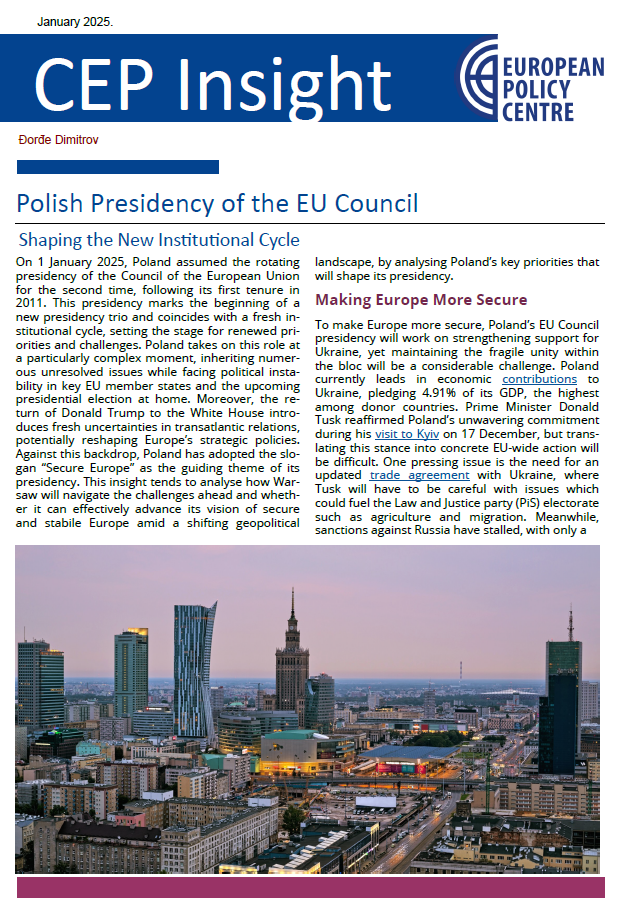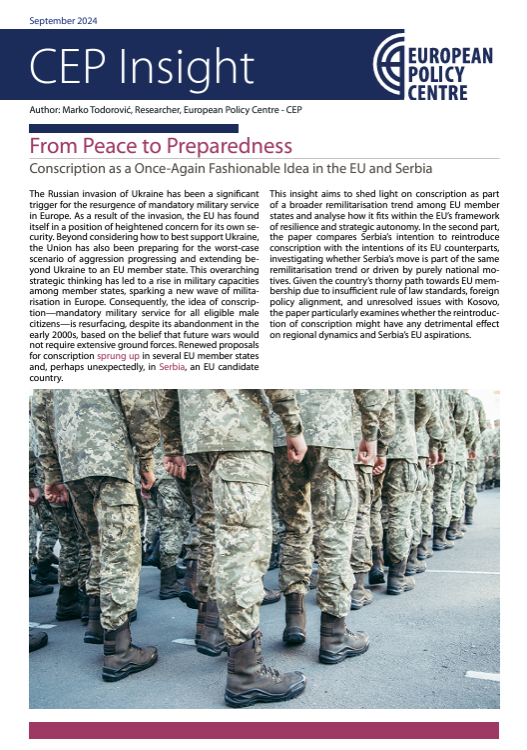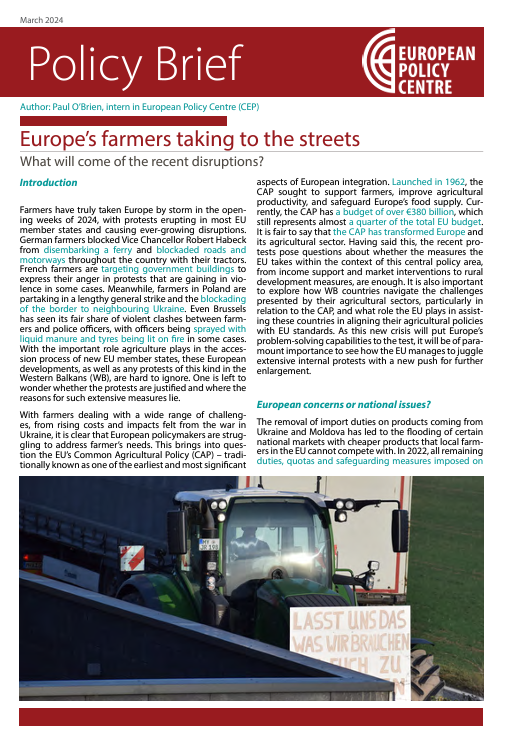Headquarters: Svetog Nauma 7, 11000
Office address: Đorđa Vajferta 13, 11000
Phone:: +381 11 4529 323
Following Spain and Belgium, the Presidency of the Council of the EU moves to Central Europe to close the Trio launched on 1 July 2023. Hungary, a nation of moderate size and economic strength but with above-average political ambitions, is set to assume the Presidency. For the next six months, the EU Council will be chaired by a country that has often been viewed as challenging the EU’s founding values and complicating its decision-making processes. Namely, the European Parliament officially questioned the credibility of the Hungarian Government in driving forward the Council’s legislative work, while others warned of the potentially harmful effects Hungarian agenda-setting could have on various policy areas. To further complicate matters, the Hungarian Presidency coincides with the beginning of a new institutional cycle when the recently established European Parliament still needs to take a vote on the new College of European Commissioners. For added complexity, all this happens in the context of the increased power of right-wing parties in the European Parliament. All these factors generated a range of concerns about Hungary’s approach to leading the Council, especially amid prolonged periods of uncertainty shaped by the EU’s ongoing geopolitical and economic challenges.
In the context of such challenges, the Hungarian Presidency sets strong ambitions, seeking to defy its critics and demonstrate its capacity for effective and decisive leadership. Besides the ongoing Russian aggression against Ukraine and other security risks confronting Europe, the Presidency will engage in addressing the acute economic problems reflected in EU companies lagging behind their global counterparts, particularly those in the US and China. Judging by Hungary’s Presidency programme and Victor Orbán’s messages, Budapest recognises both security and economic issues faced by Europe, making the enhancement of the EU’s competitiveness and its defence capabilities the top two priorities of its Presidency. In addition, as a country which shares the border with both the Western Balkans (WB) and Ukraine, Hungary is now in a position to potentially accelerate the EU enlargement process by prioritising this policy and putting it high on the EU agenda. Therefore, this paper aims to critically examine the declaratively proclaimed goals of the Hungarian Presidency, answering the question of how realistically achievable they are and what are prerequisites for their fulfilment.


